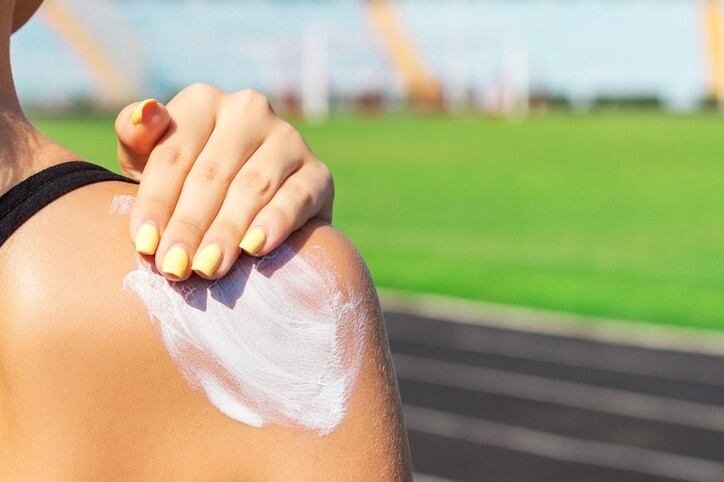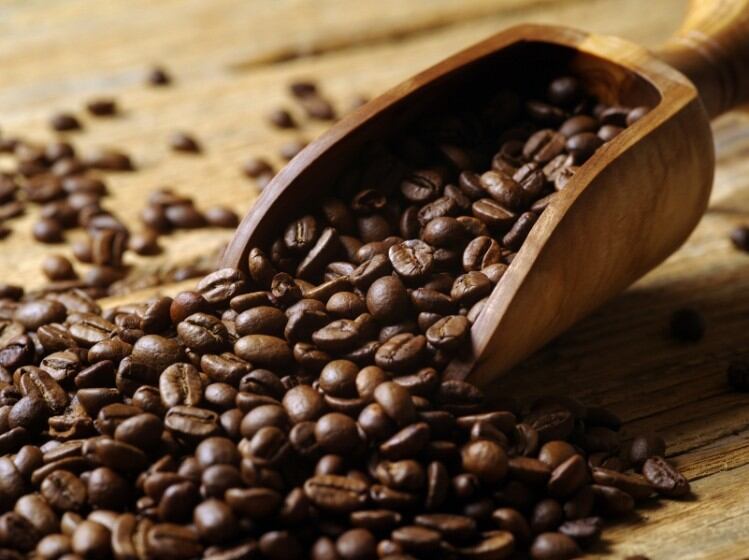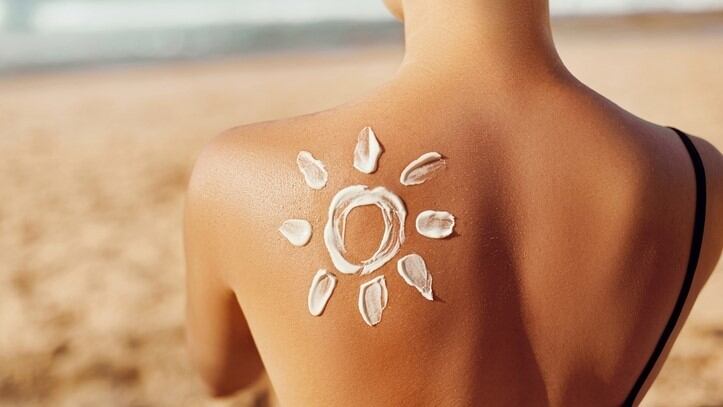Hepu pearl, also known as seawater pearl, is an important ingredient in Chinese herbal medicine that has been used extensively for thousands of years.
According to the Pharmacopoeia of the People’s Republic of China, it is effective in detoxification and muscle regeneration, calming nerves, brightening eyes, and eliminating pannus formation.
It is mainly used to treat palpitations, insomnia, convulsive epilepsy, red eye, pannus, nonhealing sores and ulcers, and skin spots.
Previous studies have found that seawater pearl powder can prevent and treat skin photoaging in mice, and its mechanism involves the removal of excessive reactive oxygen species (ROS) from photoaging skin.
Therefore, in this study, the research team examined the effect of seawater pearls on skin photoaging at the cellular level using a UVA-induced photoaging model of human skin fibroblast (HSF) cells.
They then detected the ROS, oxidative damage, antioxidant level, collagen, and level of aging before and after seawater pearl hydrolysate intervention.
Study design
Writing in the journal Evidence-Based Complementary and Alternative Medicine, they detailed: “The cells were divided into a normal (N) group, UVA-irradiated (UVA) group, SPH low dose (SPHL) group, SPH medium dose (SPHM) group, and SPH high dose (SPHH) group. The photoaging model of HSF cells was established by UVA irradiation in the UVA, SPHL, SPHM, and SPHH groups; the SPHL, SPHM, and SPHH groups were treated with SPH at concentrations of 50, 100, and 200 mg·L−1.”
They subsequently discovered that the seawater pearly hydrolysate inhibits the UVA-induced photoaging of HSF cells in a dose-dependent manner with a concentration of 200 mg·L–the most significant.
They added: “The mechanism is related to improving the antioxidant activity of photoaging HSF cells to eliminate excessive ROS. It can inhibit apoptosis, reduce the protein expression of MMP-1, and effectively control the degradation of collagen I protein in photoaging HSF cells.
“Therefore, seawater pearly hydrolysate offers potential for use in sunscreen cosmetics,” they concluded.
The study was funded by a number of institutions, including the National Natural Science Foundation of China.
Source: Evidence-Based Complementary and Alternative Medicine
“Inhibitory Effect of Seawater Pearl Hydrolysate on UVA-Induced Photoaging of Human Skin Fibroblasts”
https://doi.org/10.1155/2022/1558288
Authors: Jiang Lin, et al




